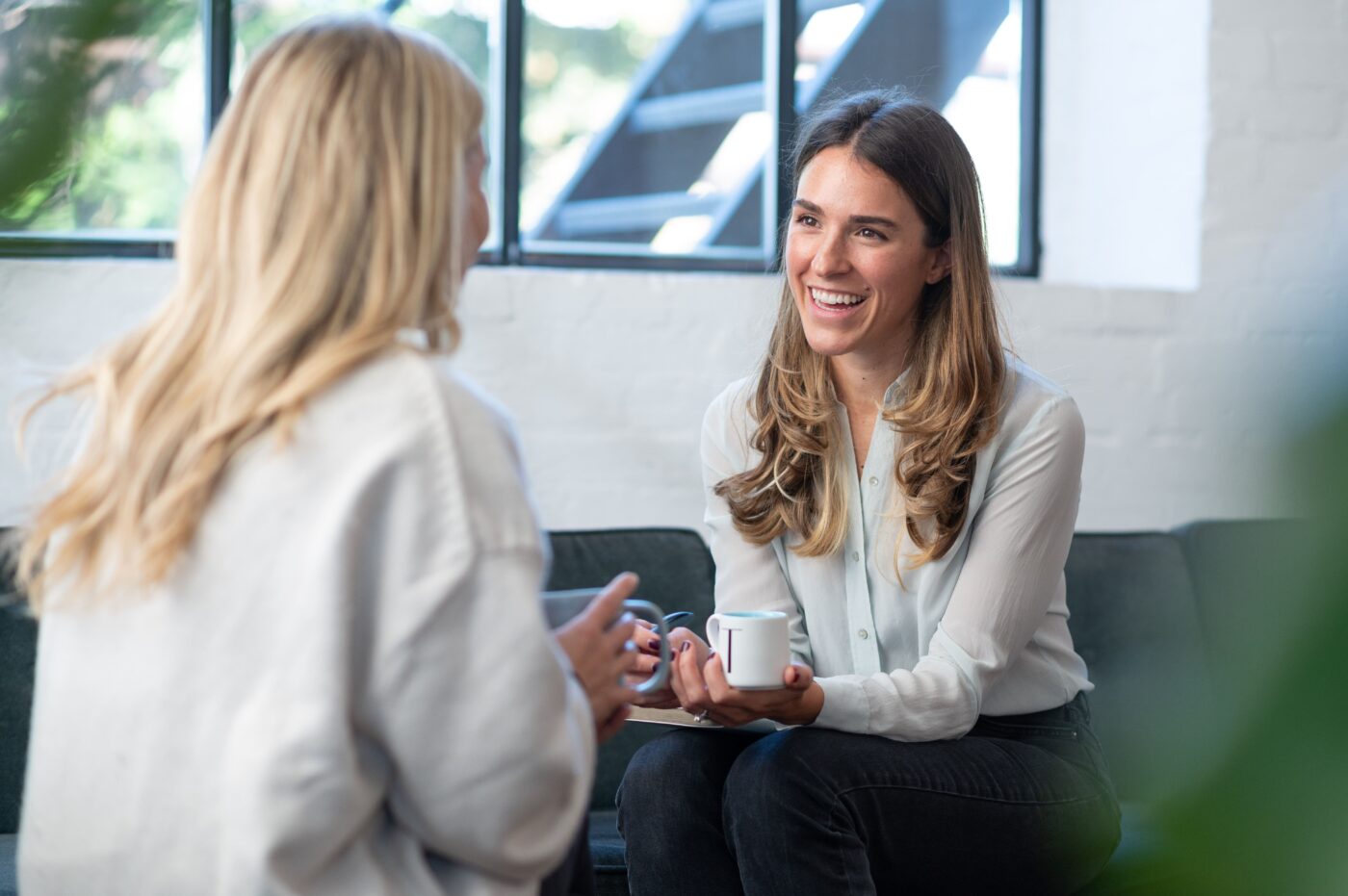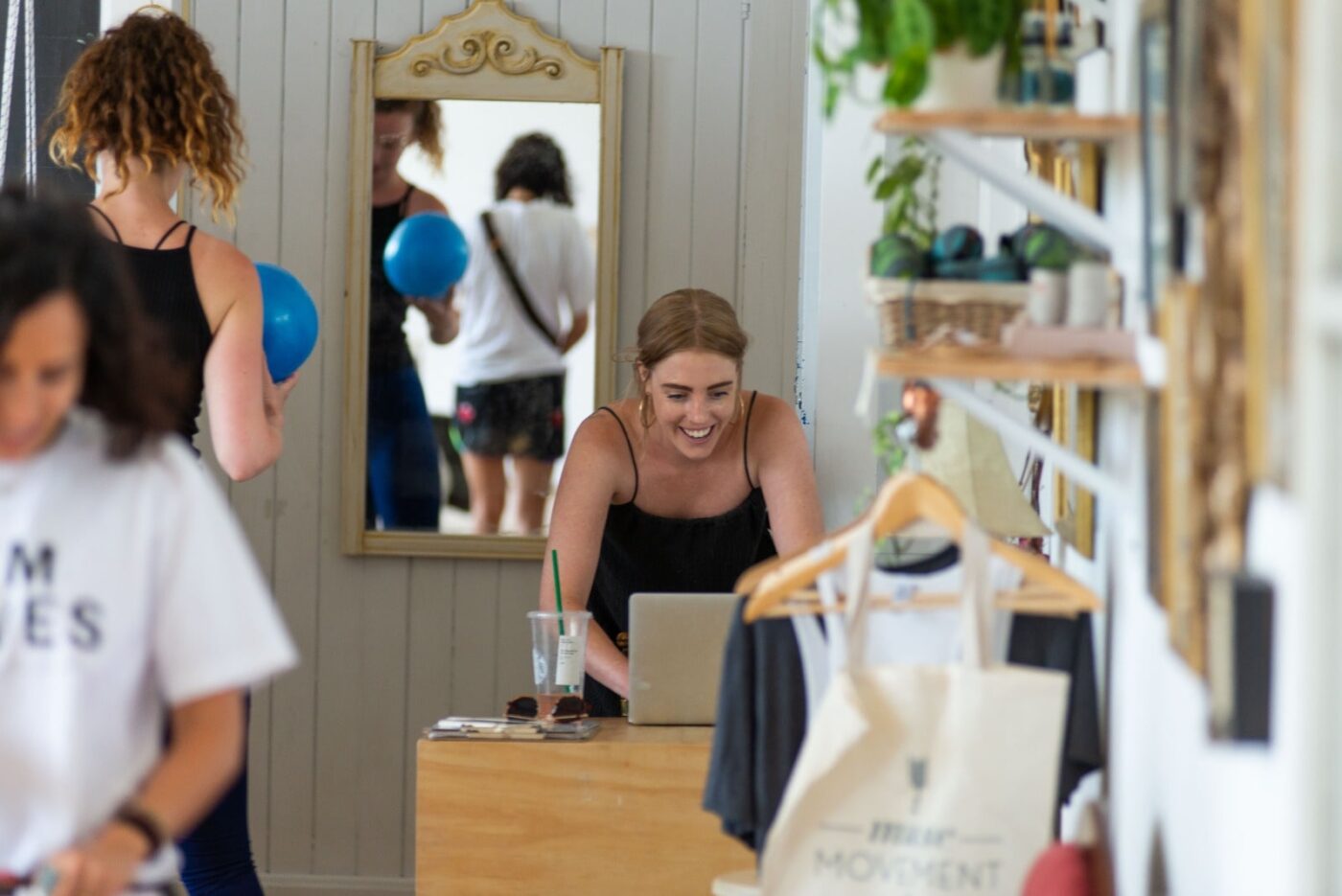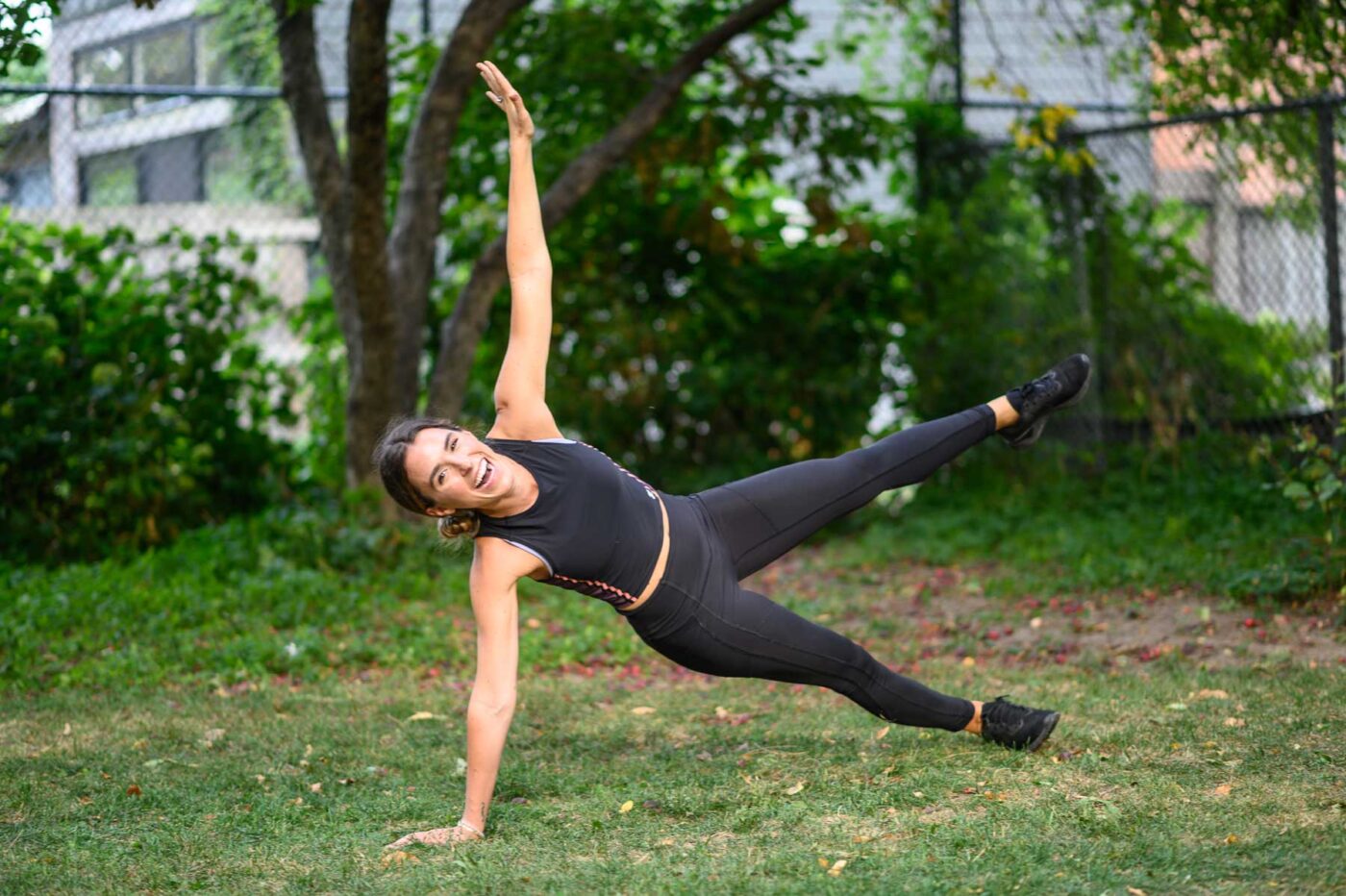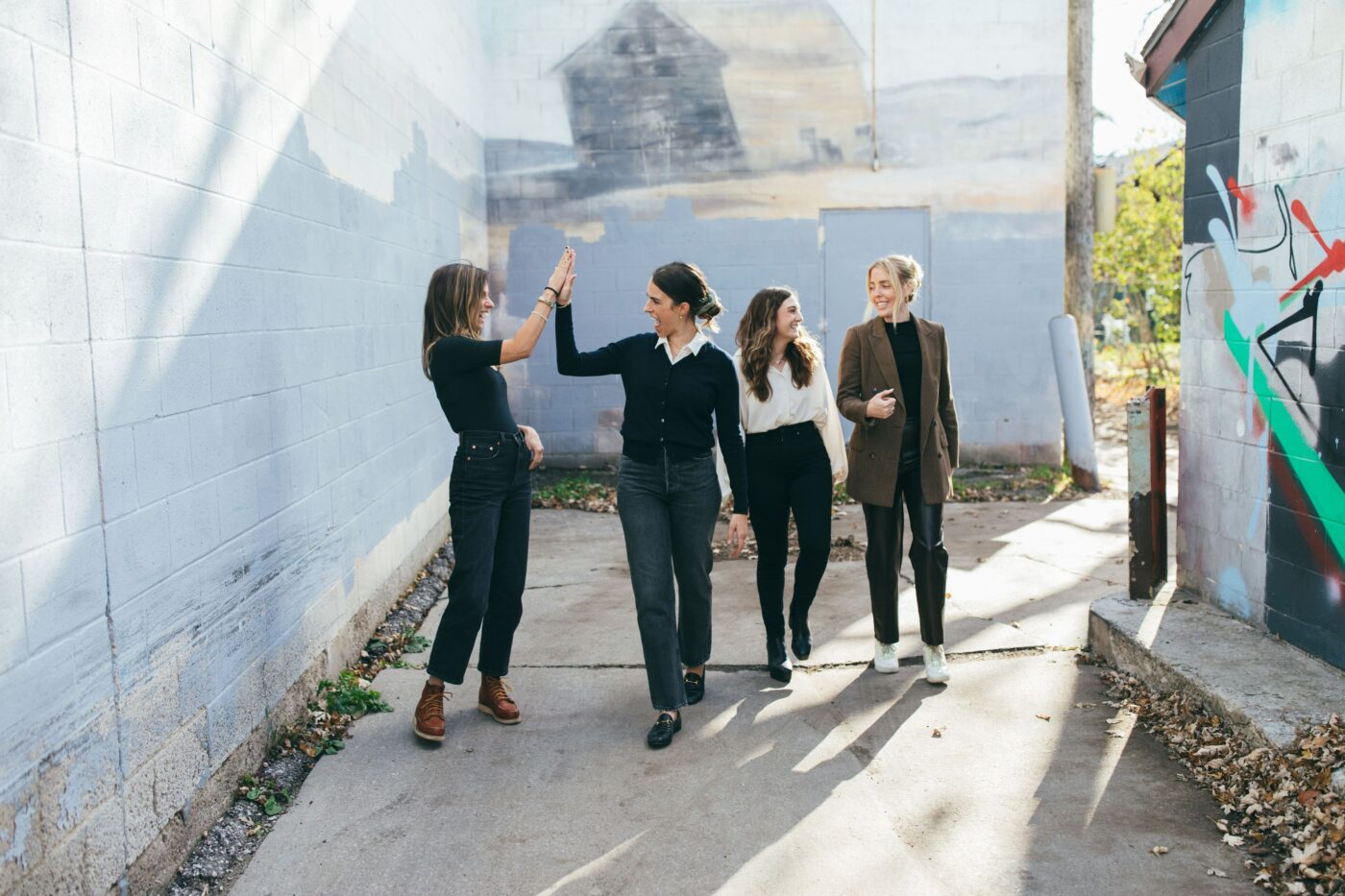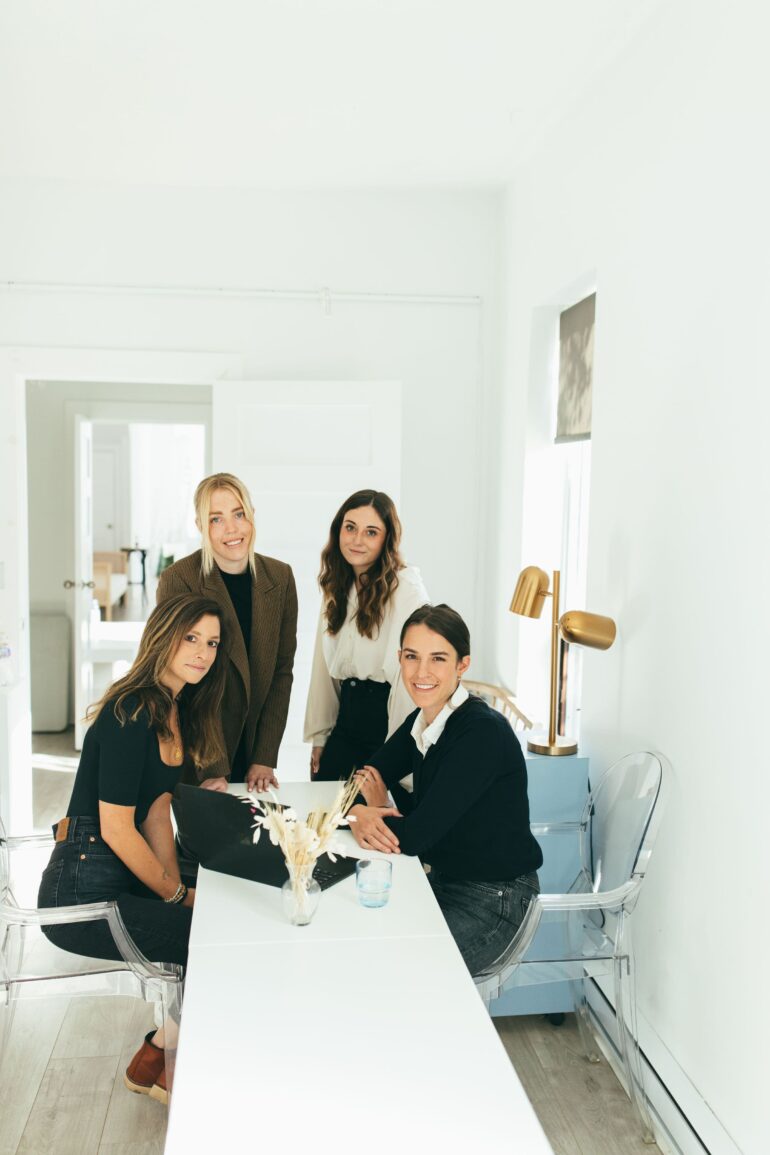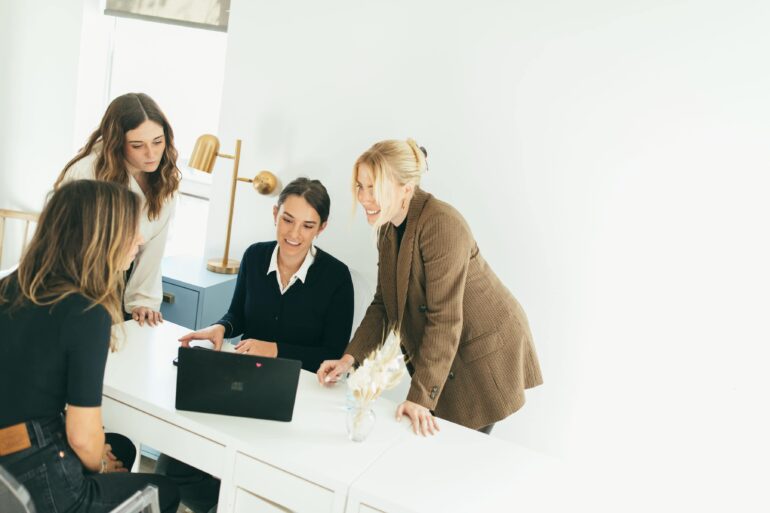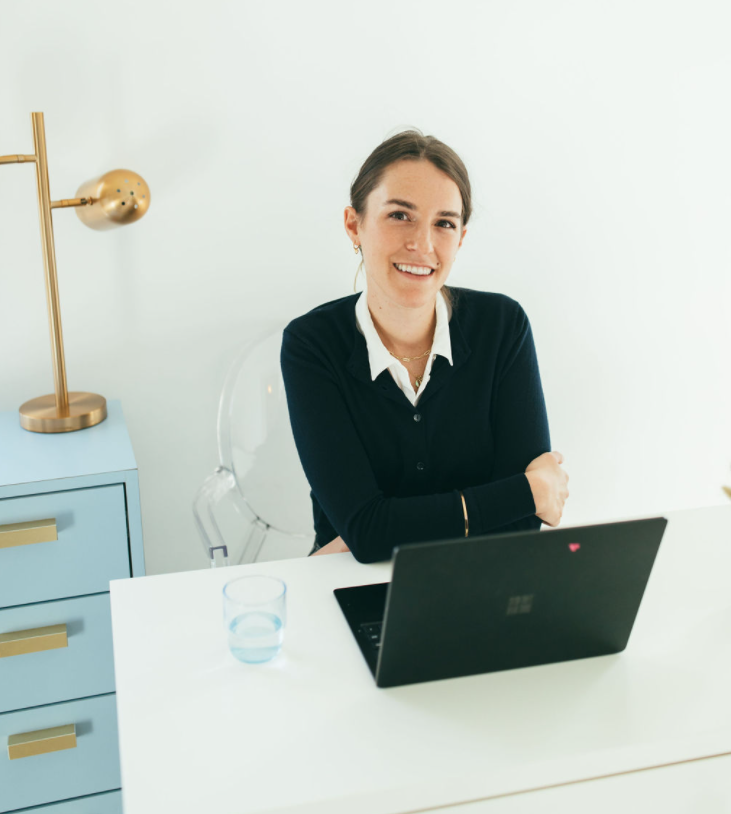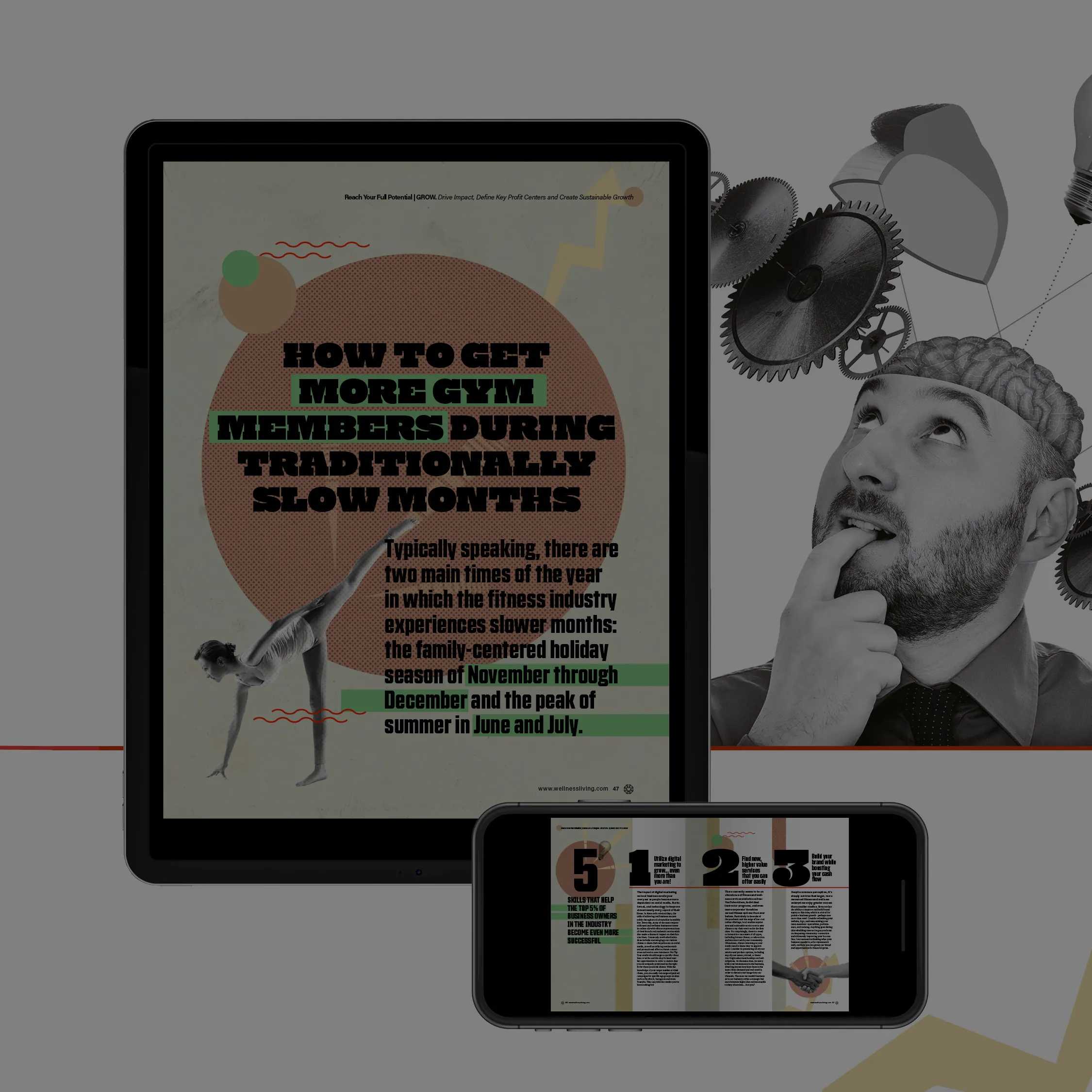Passion, Prioritizing, Continuous Improvement
Catalina Zbar and Telomere Consulting Follow the Path They Recommend for Healthy Business
A telomere is a kind of endcap for chromosomes–like the protective ends of a shoelace that prevent fraying and safeguard function. For Catalina Zbar, Founder of Telomere Consulting, the name reflects how marketing and business best practices can ensure the health and longevity of fitness and yoga studios. It isn’t just data-driven assessments, leadership coaching, streamlining, planning, and marketing services that allow Telomere to help studios to profitability and long-term success. It is also their understanding of and passion for fitness, and their ability to model connected creativity and organizational health.
Born in Argentina, Catalina spent 10 years in marketing in Switzerland and the UK. Even with an exciting and blossoming career, she still felt something was missing. Craving movement and community, she earned her Pilates certification and taught in her spare time, eventually advising the owners on ways to improve their business. Her success there led to a growing roster of fitness studios whose appeal surpassed the 9-to-5 where she had cut her marketing teeth.
What was it like when you first started out?
Even just five years ago, marketing felt easy! There was a massive appetite for the boutique fitness space, and with my background in private banking marketing, I brought a hospitality approach to the customer journey, which hadn’t really been seen before. I started rolling out pop-ups and cross collaborations with local businesses, bringing in juice companies to give out product after class and inviting influencers, which at the time was a relatively new concept. About a year later, I moved to Toronto and branched out across Canada and the US. I started consulting primarily in marketing, but quickly realized that if business acumen was lacking it would ultimately harm any marketing initiatives, so I focused on ensuring that each studio had a solid foundation first. We now offer strategic business consulting in conjunction with marketing services for clients in all disciplines: yoga, Pilates, barre, bootcamp, martial arts, fencing, hockey. If you’re class-based or appointment-based, we can help you.
Why did you choose to focus specifically on the fitness industry?
I’ve always felt passionate about the health and wellness space. I feel I’m supporting studio owners in making the world a better place by helping them reach more individuals. I want to see businesses that have great intention have more impact. I think it’s crucial to have that very genuine and authentic drive around what you’re selling and why people should care about you. It’s a basic marketing principle: having connection to your vision and your mission will help you make decisions as you go.
How has Telomere evolved since your solo opening?
I officially launched in 2017 and we’re now a team of eight, ex-studio owners, ex-studio managers, ex- or current teachers all deeply committed to making sure that studios are working optimally and succeeding. Many of us have kids (I have two), and some of us teach during the week or on weekends. We work hard to build community within our team, and our culture is rooted in prioritizing our own wellbeing so that we can show up as the best versions of ourselves. It’s an interesting exercise to find for yourself the balance you’re advocating to your clients. I speak to studio owners about prioritizing this for themselves—the exact thing they advocate to their students! It’s practice what you preach in its purest form because when you don’t prioritize yourself–whether it’s your weekly run or a five-minute meditation–everything else is affected.
What does your typical week look like?
We have a weekly team meeting, I conduct one-to-one weekly check-ins with everybody on the team, and we have meetings with each of our clients every two weeks. I’m a slave to my calendar and a big fan of colour coding, so I put client meetings in a certain color, discovery calls in another, personal things in another. I usually start at 9 and have a hard “No work between 4:30 and 7:30” rule, which is when I play with my kids, give them dinner, a bath and we put them to sleep… My husband, Trevor, and I both work from home so we’re strict with setting a time to stop. When it’s your own business and you have all these ideas, it’s a very addictive space and I could work to crazy hours. I just love what I do so much that it doesn’t feel like work.
What is the most difficult part of your job?
The worst part is seeing owners and studios suffer. Covid showed how difficult it is when pouring your heart and soul into something just isn’t enough, and how much patience is required to overcome a difficult moment in a business. Patience and passion don’t always go hand in hand. It takes three to six months for any change to be seen in the data, and that feels like a long time when you’re going through it. That’s probably the most challenging thing.
What’s your read on the future trends in the industry?
With the movement away from digital and back to more real-life connections, we’re seeing what is being referred to as social wellness, people coming together to prioritize mental and emotional wellbeing as opposed to “exercising.” There’s a rise in new business models, from sound baths and saunas to ice baths and meditation. There are also community-led events outside of the studio that will impact the traditional boutique space–apps like Strava, Nike Run Club, and many more that are finding and building community by connecting people to each other through common interests.
How are you helping studios adjust? We’re constantly switching things up, tracking, monitoring, pivoting, redesigning. It’s not just one and done; we’re conscientious about holding ourselves to a high standard of continuous improvement. And with marketing, you have to keep your audience on their toes. It’s the same standard that we advocate to our clients for their scheduling, programming, and in-class repertoires class. Boutiques will have to “niche down” and identify how they can support a holistic wellness experience. We help them figure out where they fit in, and how to convey that clearly to their target audience. We’re also guiding them back to the basics of making the customer experience stand out from beginning to end and following up with added value as opposed to only sales-focused content. One thing is certain: the mainstream is prioritizing wellness, and we are consistently trying to understand how it’s evolving so we can help our clients serve the modern-day consumer.

